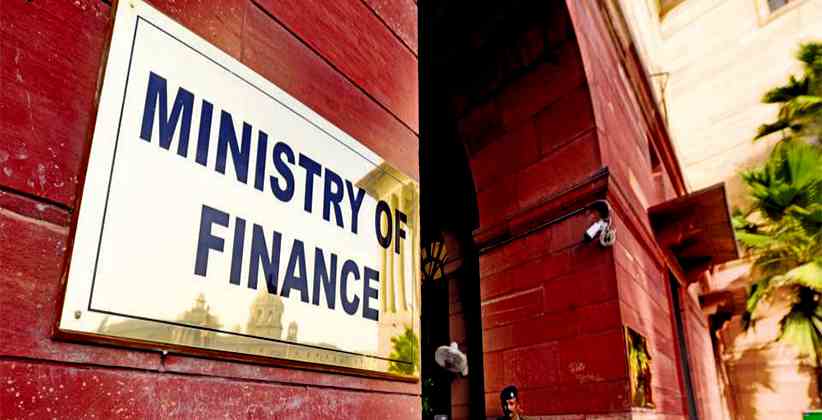The Union Ministry of Finance has framed new rules that have prescribed uniform norms for the appointment and service conditions of members to various tribunals as reported on 14th February, 2020. The rules are called "Tribunal, Appellate Tribunal and other Authorities (Qualifications, Experience and other Conditions of Service of Members) Rules 2020"
These rules are made in exercise of powers under Section 184 of the Finance Act of 2017 - The section authorizes the Central Government to notify rules governing persons appointed to tribunals on the following matters: qualification, appointment, terms of office, salaries and allowances, resignation, removal, and other terms and conditions of service.
The following rules are applicable to the following tribunals :
- Industrial Tribunal constituted by the Central Government under the Industrial Disputes Act 1947.
- Income Tax Appellate Tribunal under the Income Tax Act 1961.
- Customs, Excise, Service Tax Appellate Tribunal under the Customs Act 1962.
- Appellate Tribunal under the Smugglers and Foreign Exchange Manipulators (Forfeiture of Property) Act 1976.
- Central Administrative Tribunals under the Administrative Tribunals Act 1985
- Railway Claims Tribunal under the Railway Claims Tribunal Act 1987.
- Securities Appellate Tribunal under the Securities and Exchange Board of India Act 1992.
- Debts Recovery Tribunal under the Recovery of Debts Due to Banks and Financial Institutions Act 1993.
- Debts Recovery Appellate Tribunal under the Recovery of Debts Due to Banks and Financial Institutions Act 1993.
- Airport Appellate Tribunal under the Airport Authority of India Act 1994.
- Telecom Disputes Settlement and Appellate Tribunal under the Telecom Regulatory Authority of India Act 1997.
- Appellate Board under the Trade Marks Act 1999.
- National Company Law Appellate Tribunal under the Companies Act 2013.
- Authority for Advance Ruling under the Income Tax Act 1961.
- Film Certification Appellate Tribunal under the Cinematograph Act 1956.
- National Consumer Dispute Redressal Commission under the Consumer Protection Act 1986.
- Appellate Tribunal for Electricity under the Electricity Act 2003.
- Armed Forces Tribunal under the Armed Forces Act 2007.
- National Green Tribunal under the National Green Tribunal Act 2000.
As per the 2020 rules, the appointment to the above-mentioned Tribunals will be made by the Central Government on the recommendations given by "Search cum selection Committee" that is to be constituted by each tribunal. The position of the committee is classified in the schedules of the rules. The Chief Justice of India or a Judge nominated by the CJI will be a member of the committee. The committee has the power to recommend the removal of a member and also conduct inquiry into allegations of a member's misconduct.
The previous rules framed by the centre in 2017 had been struck down by the Constitution Bench of Supreme Court in November 2019 in the case of Rojer Mathew v. South Indian Bank.The rules put a hold on the judicial independence as the Central Government had the most say in the matters of appointments and removal of tribunal members. Therefore the selection committee of 2017 lacked the judicial dominance needed to in the appointments and removal of members and this was in contravention to the doctrine of Separation of powers.
Author : Dyuti Pandya







